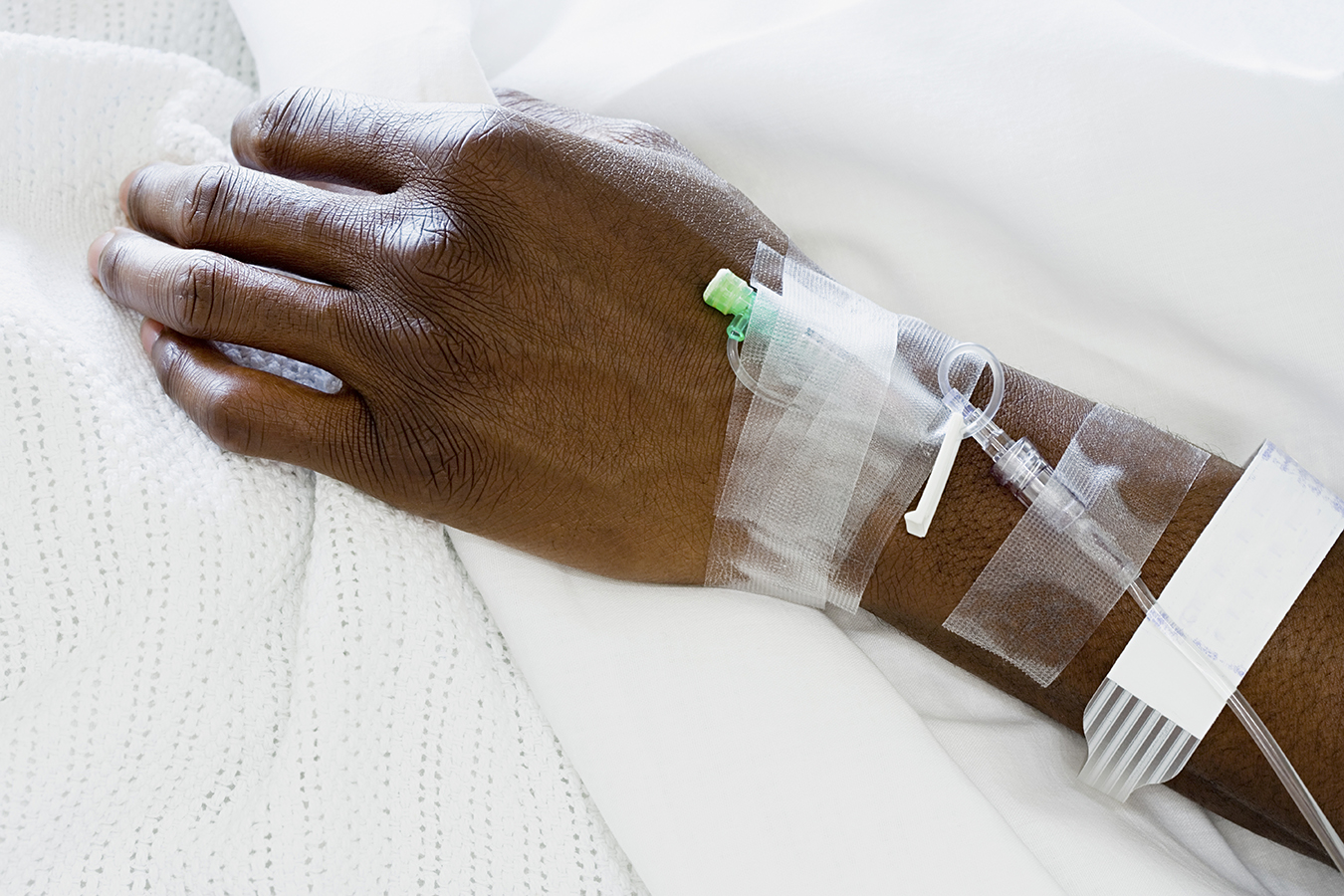Latest California Healthline Stories
Listen: Cancer Survival Rates Up Among Californians
Overall, Californians are beating cancer for longer due to earlier detection and better treatment of the disease, a new study reveals. But the gains are not felt equally: Whites fare better than blacks, and younger patients better than older.
McCain’s Complicated Health Care Legacy: He Hated the ACA. He Also Saved It.
The six-term Arizona senator, who died Saturday, took on some of health care’s goliaths, such as the tobacco industry and insurance companies, in addition to the health law.
Californians Living Longer With Cancer — Some Longer Than Others
A new study from the University of California-Davis shows a significant increase in five-year survival rates for more than 20 types of cancer, but with significant disparities by race, ethnicity and economic status. That is in line with the national trend.
Staggering Prices Slow Insurers’ Coverage Of CAR-T Cancer Therapy
Some state Medicaid programs are not paying for the procedures, and Medicare’s complicated payment rates have hospitals concerned that it will not cover all the costs.
Geriatric Assessments Could Fine-Tune Cancer Care For Older Adults
The American Society of Clinical Oncology issued a new guideline that recommends adults 65 and older receive a geriatric assessment when considering or undergoing chemotherapy.
Listen: What You Need To Know About The News On Breast Cancer And Chemo
KHN senior correspondent Liz Szabo joins a panel on WAMU’s radio show “1A” to discuss new insight into breast cancer treatment.
¿Quisieras que te hicieran pruebas genéticas como parte de tu chequeo anual?
El debate se generó cuando un sistema de salud anunció que comenzaría a secuenciar el ADN de 1,000 pacientes, como parte de un proyecto de atención primaria.
Are You And Your Primary Care Doc Ready To Talk About Your DNA?
The Pennsylvania-based health chain Geisinger plans to offer DNA sequencing as part of regular patient care.
Indocumentada y con cáncer: entre la muerte y la deportación
¿Qué sucede cuando un inmigrante indocumentado tiene un diagnóstico potencialmente mortal? Depende mucho de en dónde viva.
Choosing Between Death And Deportation
What happens when an undocumented immigrant has a life-threatening diagnosis? Much depends on where the person lives. And even in states with generous care for a dire illness, a patient can face difficult life-and-death choices.











